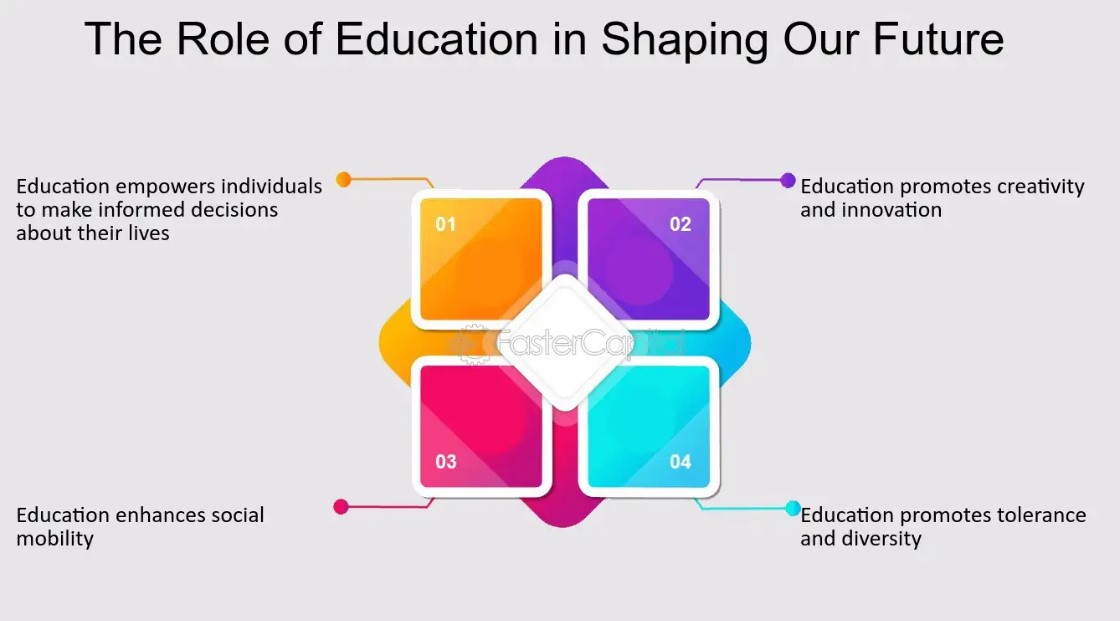Navigating Careers in Education: Roles, Rewards, and the Influence of Shaping Generations
Education is the silent architect behind every flourishing society. Behind every inventor, leader, and changemaker, there’s often a passionate educator who sparked the fire of curiosity. If you’re driven by the idea of sculpting lives and nurturing minds, a vocation in education may be your true calling.
Whether you’re lecturing in lecture halls, curating innovative curricula, counseling youth, or orchestrating institutional operations, roles in education offer profound satisfaction—professionally and personally.
Let’s delve into the vast tapestry of education careers, the competencies they demand, and the ripple effects they produce in shaping futures.
What Are Education Careers?
Education roles span a rich spectrum—extending beyond traditional classrooms to digital platforms, administrative corridors, and special needs support. They encompass teaching, mentoring, planning, managing, researching, and empowering learners across all age brackets.
At the heart of it, educational professionals aim to facilitate growth—intellectual, emotional, social, and ethical.
Key Professions Within the Education Realm
1, School Educator
From elementary levels to high school, educators design lesson plans, cultivate critical thinking, and nurture development.
Subjects: Literature, Mathematics, Sciences, Arts, History
Qualities: Endurance, empathy, instructional creativity
2. University Lecturer or Professor
Subject-matter specialists who educate at advanced levels, often engaged in scholarly research.
Requirements: Master’s or doctoral degrees in the field
Venues: Universities, think tanks, academic journals
3. Student Counselor
Guides navigating personal hurdles, academic challenges, and future planning.
Essential Traits: Emotional intelligence, listening acumen, problem navigation
4. Academic Administrator / Principal
The executive backbone of schools—overseeing daily functions, hiring, budgeting, and educational compliance.
Credentials: Teaching background and leadership degrees
5. Special Needs Educator
Adapts pedagogy to serve learners with disabilities or unique needs.
Traits Required: Patience, tailored instruction, vigilance
6. Curriculum Architect
Designs engaging learning experiences, assessment tools, and academic content aligned with standards.
7. Virtual Instructor / Online Tutor
Remote facilitators who leverage e-learning platforms to educate from afar.
Tools of the Trade: Moodle, Zoom, Google Classroom, Canva
8. Media Specialist or Librarian
Stewards of knowledge—curating resources, fostering information literacy, and supporting research endeavors.
Why Embrace a Career in Education?
1, Transformative Influence
Educators touch lives in ways few professions can. Whether unlocking literacy or nurturing dreams, their imprint lasts lifetimes.
2. Professional Security
Education remains indispensable across economic climates. The demand for teachers, advisors, and administrators holds strong across continents.
3. Lifelong Intellectual Growth
Teachers don’t just teach—they evolve. Professional development, workshops, and the inquisitiveness of learners ensure that educators remain mentally invigorated.
4. Harmonious Work-Life Integration
Structured schedules, term breaks, and seasonal holidays offer a rhythm that many professionals in other fields yearn for.
5. Space for Innovation
6. International Footprints
From bilingual schools in Dubai to rural outreach programs in Africa, the teaching passport spans globally. ESL (English as a Second Language) educators are especially sought after across Asia and the Middle East.
7. A Deeper Purpose
Every lesson taught is a seed planted. For those who value meaningful work, education offers unparalleled purpose.
Qualifications You’ll Likely Need
Classroom Educators: Bachelor’s degree in education or subject area + certification/license
Higher Education Roles: Master’s or doctorate in specialization
Administrators: Teaching experience + advanced degrees in leadership or policy
Counselors: Degrees in counseling, psychology, or social sciences + licensure
Hurdles on the Education Highway
Emotional Strain – Navigating the academic and emotional worlds of students can take its toll
Budget Deficits – Resource constraints often limit innovation and compensation
Overstandardization – Test-focused environments may stifle creativity
Learning Diversity – No two learners are the same; tailoring instruction is demanding
Yet, fueled by commitment and a strong support system, educators often transcend these trials.
Where Education Is Heading
The future classroom doesn’t sit in four walls—it expands into cyberspace, adapts to real-world needs, and welcomes lifelong learners.
EdTech Evolution
AI-driven tutors, immersive VR simulations, and analytics-backed teaching tools are redefining pedagogy.
1, Hybrid Classrooms
A blend of virtual and on-site learning models is becoming the norm—not the exception.Adult Education Renaissance
2. Upskilling and reskilling among professionals is creating a new demand for adaptable educators.
3. Borderless Teaching
Digital platforms now allow educators to reach global audiences, regardless of location or timezone.
Final Thoughts: Is Education Right for You?
Ask yourself:
Do I find fulfillment in others’ growth?
Am I patient enough to guide diverse learners at different paces?
Do I believe in the transformative power of knowledge?
If you nodded internally, education might be your ideal vocation—a noble path where every lesson, conversation, and challenge helps craft the next generation.
❓Frequently Asked Questions (FAQs)
1. Which education careers command the highest salaries?
Leadership roles such as school superintendents, higher education administrators, and seasoned educational consultants frequently earn six-figure incomes—particularly when paired with years of experience and advanced degrees.
2. Do I need a teaching degree to work in education?
Not at all. Many paths in education—like instructional design, educational technology (EdTech), academic publishing, or corporate learning and development—welcome professionals with different academic backgrounds and relevant expertise.
3. Is teaching still considered a stable career?
Yes. Teaching remains one of the most resilient and in-demand professions globally. Despite sector-specific challenges, the universal need for education ensures long-term job security.
4. What role does AI play in the future of education careers?
Artificial intelligence is redefining education. It’s fueling innovations in personalized learning, automated grading, virtual classrooms, and intelligent curriculum design—creating exciting new roles for tech-savvy educators and developers.
5. How can I transition into education from another field?
Begin by pinpointing your transferable skills—like communication, leadership, or analytical thinking. Then, explore certification programs, online courses, or volunteer teaching opportunities to bridge into the education ecosystem.
Ask ChatGPT
